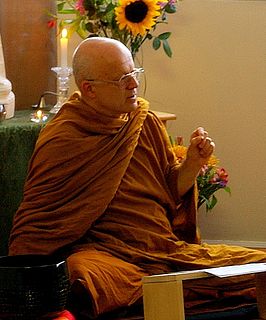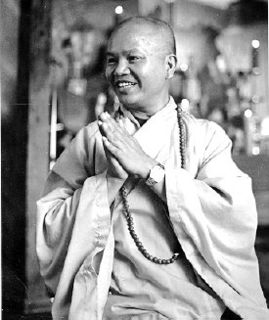A Quote by Watchman Nee
One gains by losing self for others and not by hoarding for oneself.
Related Quotes
The spiritual journey does not consist of arriving at a new destination where a person gains what he did not have, or becomes what he is not. It consists in the dissipation of one's own ignorance concerning oneself and life, and the gradual growth of that understanding which begins the spiritual awakening. The finding of God is a coming to one?s self.
In a world full of danger, to be a potentially seeable object is to be constantly exposed to danger. Self-consciousness, then, may be the apprehensive awareness of oneself as potentially exposed to danger by the simple fact of being visible to others. The obvious defence against such a danger is to make oneself invisible in one way or another.
Selfish is an exploitation of others for self; selfless is an exploitation of self for others. Both are extrinsic. ..... Selfness. When selfness prevails, the qualities of others are sometimes used for self and the qualities of self are often extended to others. The basic and key difference is that exploitation is never the object of the outcome.
Studying the Buddha way is studying oneself. Studying oneself is forgetting oneself. Forgetting oneself is being enlightened by all things. Being enlightened by all things is to shed the body-mind of oneself, and those of others. No trace of enlightenment remains, and this traceless enlightenment continues endlessly.



































